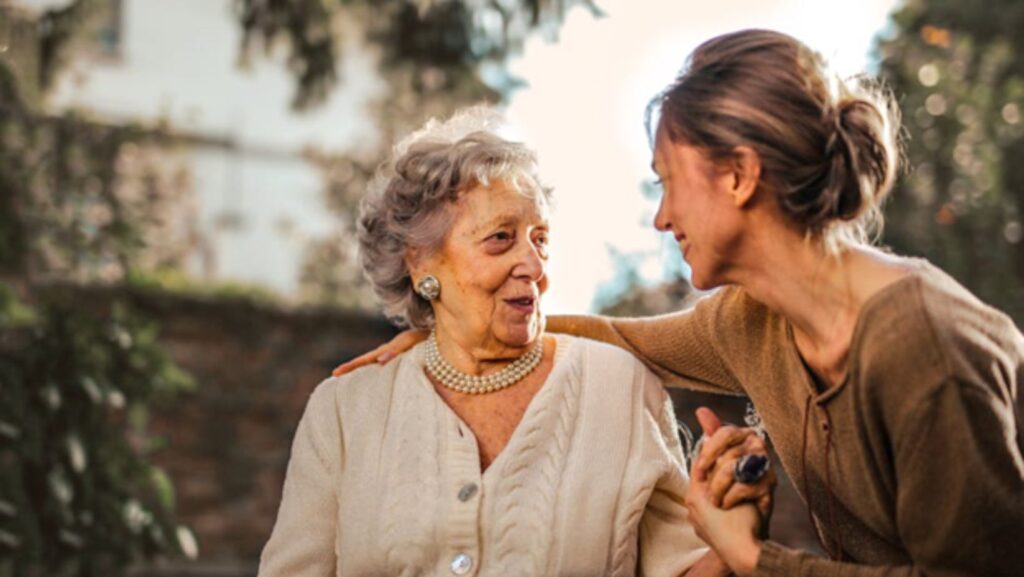As our loved ones age, providing care becomes more complex, presenting challenges and rewards. Understanding aging and the specific needs of older adults is crucial to ensuring quality care. Whether you’re a family member stepping into a caregiving role or a professional enhancing seniors’ lives, having the proper knowledge and resources is essential. This guide highlights critical aspects of elder care, empowering caregivers to support independence, dignity, and a better quality of life for aging adults. Learn how thoughtful approaches and informed decisions can significantly improve the well-being of those you care for.
Understanding the Aging Process
Aging is not just a chronological process but involves biological, psychological, and social factors. Physically, older adults may face reduced muscle mass, bone density, and cognitive function, increasing their risk of frailty and chronic conditions. Recognizing these changes helps caregivers promote physical health, keeping older adults active and engaged.
Psychologically, aging often involves significant life changes like retirement or loss of loved ones, potentially causing loneliness or depression. Attuned caregivers can offer support and companionship, fostering purpose and belonging. Understanding seniors’ social needs, including maintaining friendships and building new relationships, is crucial for well-being.
Different Levels of Care
Understanding the care levels available for seniors is essential for caregivers aiming to provide the best support based on individual needs. Options range from independent living, allowing autonomy in a community setting, to assisted living facilities offering help with daily activities like bathing, dressing, and medication management.

According to folks at https://carepatrol.com/care-options/assisted-living/, older adults residing in an assisted living community enjoy the benefits of social interaction, transportation services, and 24-hour on-site staff for added peace of mind. For those with more complex medical needs, skilled nursing facilities offer around-the-clock care from licensed nurses and therapists.
Health Considerations for Seniors
As people age, the risk of chronic health conditions like heart disease, diabetes, arthritis, and osteoporosis rises. Caregivers should be aware of these issues and schedule regular medical check-ups to manage any conditions proactively. Nutrition is vital; seniors need a balanced diet with vitamins, minerals, and fiber while watching calorie intake to avoid obesity and malnutrition.
Medication management is essential, as older adults often take multiple medications that can interact or cause side effects. Caregivers should keep an accurate list of medications and ensure adherence to prescribed regimens. Mental health is also essential; encouraging cognitive activities can help prevent memory decline or dementia. Addressing these health considerations holistically can significantly enhance the quality of life for aging adults, promoting their health and independence.
Creating a Safe Living Environment
Ensuring a safe living environment for aging adults is crucial for their well-being and independence. This means assessing and adapting the home to reduce hazards that could cause falls or injuries. For example, install bathroom grab bars, ensure well-lit hallways, and remove floor clutter to lower accident risks. Non-slip mats can be placed in moisture-prone areas like kitchens and bathrooms while keeping pathways clear of obstacles.
It’s essential to consider emergency preparedness by equipping the living space with accessible emergency contacts and medical alert systems for added security. Caregivers should assess the need for assistive devices like walkers or canes and arrange furniture to aid mobility. Caregivers nurture security by creating a safe environment and empowering seniors to navigate their space confidently.
Understanding End-of-Life Care
While it may be a complex subject to broach, understanding end-of-life care is crucial for caregivers to support aging adults in their final stages of life effectively.

This involves creating advance directives, such as living wills and power of attorney documents, that outline an older adult’s wishes for medical treatment and appoint someone to make decisions on their behalf if they cannot do so. Preparing emotionally for the end of life can also involve discussing funeral arrangements or engaging in meaningful conversations about one’s legacy. By acknowledging and addressing these preparations, caregivers can ensure that an elderly person’s final moments are filled with dignity and comfort.
The Importance of Self-Care for Caregivers
Caregiving can be rewarding but physically and emotionally demanding. Caregivers must prioritize their well-being to provide optimal care for aging adults. This involves seeking support from other family members or professional respite services to take breaks when needed, practicing stress management techniques such as meditation or exercise, and maintaining social connections outside of caregiving responsibilities. By prioritizing self-care, caregivers are better equipped to handle the challenges of caring for older adults, ensuring that they and their loved ones receive the best possible care.
In addition to these key aspects, caregivers should educate themselves on topics such as medication management, fall prevention, healthy aging strategies, and end-of-life planning. By continuously learning and staying informed about elder care best practices and resources, caregivers can provide the highest level of care and support for their loved ones as they age. So, caregivers should always strive to expand their knowledge and understanding of aging to ensure the best possible outcomes for those in their care.



